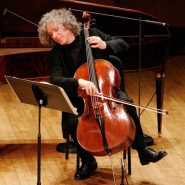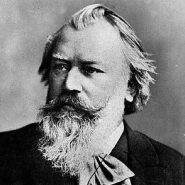Tag: understanding
By Selma Gokcen February 18, 2013
Subjects Playing Healthy
Tags Alexander Technique, associations, balance, bowing, calm breathing, cello, cellobello, contraction, engage in conversation, exploration, Gokcen, Habits, head-neck-back relationship, ischial tuberosities, natural, natural movement, negative associations, one-sided instrument, opposition, pelvic rocker bones, positive associations, posture, power, practicing, quiet practice, receive the cello, relationships, rotation of the spine, Selma, shifting weight, simple activities, sitting, Six Part Series, Spine, tension, tension in shoulders and back, thinking in new ways, torso, understanding, value
By Brant Taylor May 2, 2012
Tags artistry, Auditions, Brahms, Brant, cello, cellobello, color, control, dynamics, Excerpts, exploration, fingerings, goals, inflection, legato, nuance, shifting, success, Taylor, tempo, understanding
By Brant Taylor March 21, 2012
Subjects Practicing
By Lev Mamuya September 6, 2011
Subjects Pre-College
By Brandon Vamos March 28, 2011
Subjects Chamber Music, Repertoire





